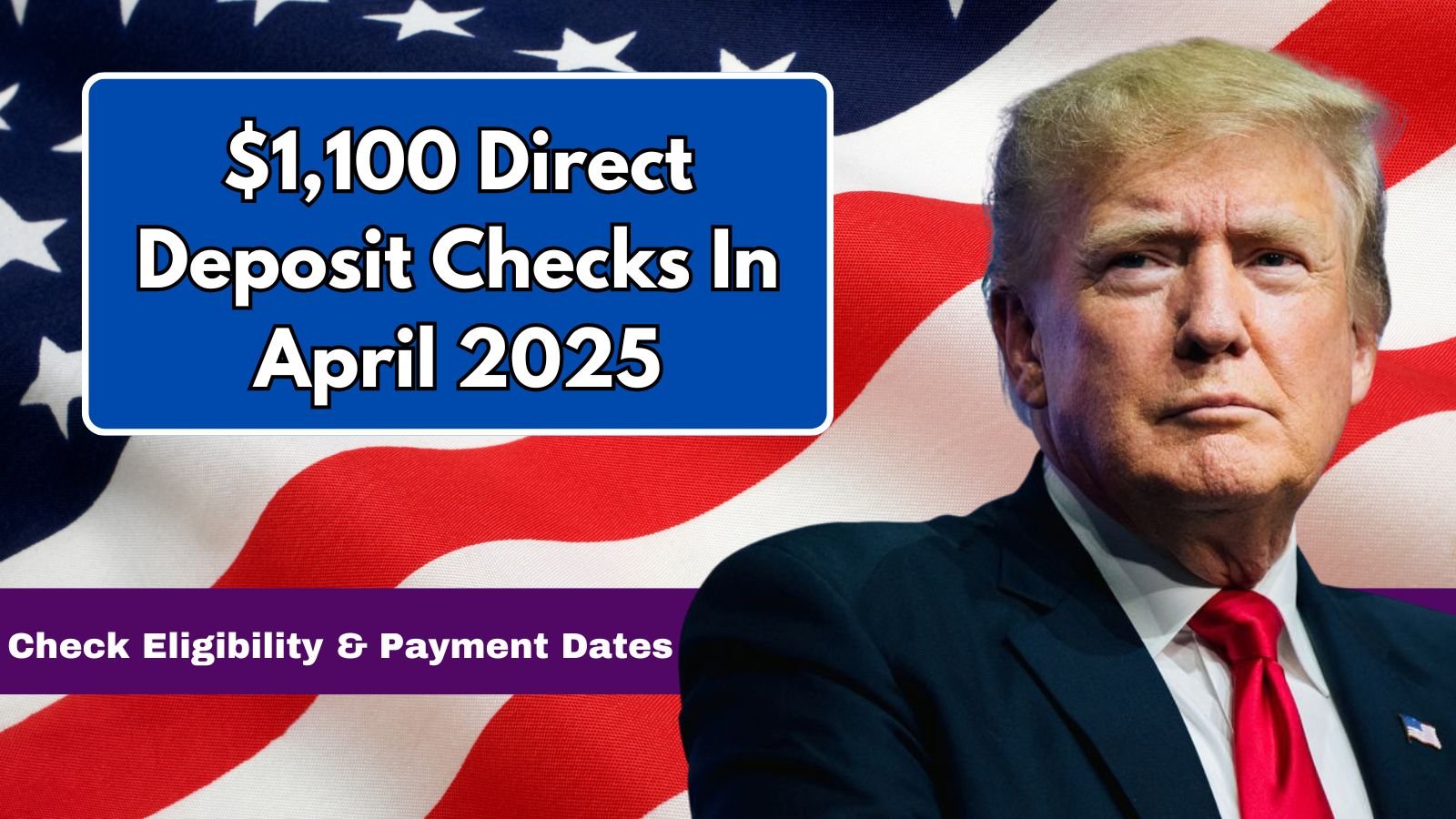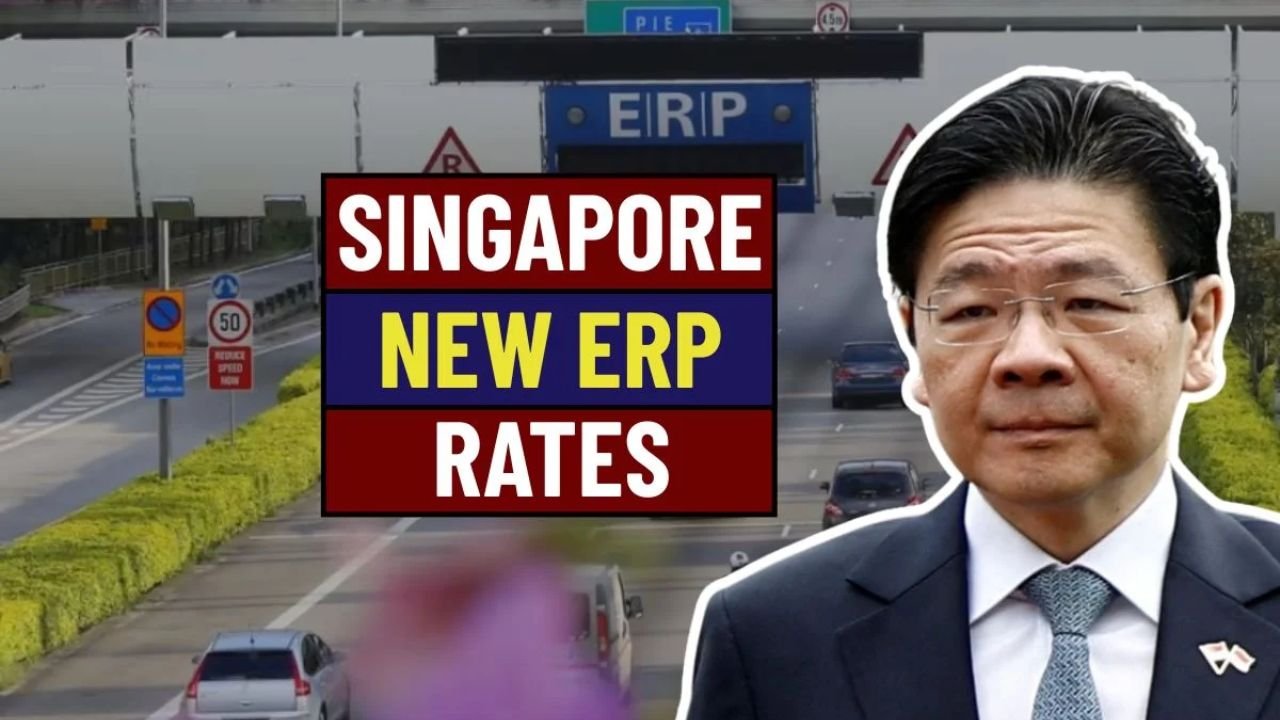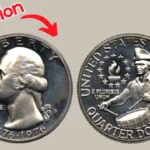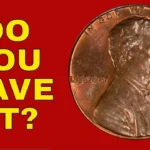In April 2025, millions of eligible Americans will receive $1,100 direct deposit checks as part of a government-led initiative aimed at providing financial relief to low- and middle-income individuals and families. This effort is part of an ongoing federal strategy to support citizens facing economic challenges in the wake of inflation, rising living costs, and employment instability. Understanding the full scope of the $1,100 direct deposit checks, including eligibility criteria, payment dates, and application details, is crucial for anyone expecting or hoping to qualify for this stimulus support.
This comprehensive guide breaks down everything you need to know about the $1,100 direct deposit checks so you can ensure you’re prepared and don’t miss out on this critical financial assistance.
Singapore Retirement Age to Rise by 2026: What It Means for Workers and Employers
$1,100 Direct Deposit Checks: Purpose and Background
The $1,100 direct deposit checks are a form of federal relief distributed directly into recipients’ bank accounts. They serve as a response to ongoing economic uncertainty, including inflation pressures and housing costs that continue to impact American households. The federal government, in coordination with the IRS and other federal agencies, has structured these payments to specifically target taxpayers whose earnings fall below a certain threshold.
These payments are not a loan or an advance—they are tax-free relief checks that recipients can use for any purpose: rent, groceries, utilities, medical expenses, debt repayments, or even savings. The objective is to provide immediate, no-strings-attached relief to individuals and families who need it most.
Who Qualifies for the $1,100 Direct Deposit Checks?
To receive the $1,100 direct deposit checks, taxpayers must meet a specific set of criteria. These requirements primarily revolve around income level, tax filing status, family size, and whether or not taxes have been filed for the 2024 tax year.
Income Thresholds
- Individuals earning less than $75,000 annually may qualify for the full payment.
- Married couples filing jointly with a combined income below $150,000 are also eligible.
- Head of household filers and individuals with dependents may receive adjusted payments based on their income level and family size.
- Those earning slightly above these limits might still receive a reduced amount, depending on how far above the cutoff their income falls.
Tax Filing Status
- Filing as Single, Married Filing Jointly, or Head of Household all affect how eligibility is determined.
- The IRS bases your eligibility on your 2024 tax return. If you haven’t filed your return yet, you may be excluded until it’s processed.
- Filing early and ensuring accurate bank account details greatly improves the chance of receiving your $1,100 direct deposit check on time.
Dependents and Family Size
- Families with children or other dependents may receive additional payment support.
- These amounts are adjusted according to family size, qualifying dependents, and income.
- Eligible recipients who claim the Child Tax Credit or Earned Income Tax Credit (EITC) may be prioritized.
Non-Filers and Special Groups
Certain groups are included in the scope of the $1,100 direct deposit checks, even if they typically do not file taxes:
- Social Security Recipients, including those receiving SSI or SSDI, may qualify if their income level falls within limits.
- Veterans, unemployed individuals, and essential workers who have filed or will file tax returns are included.
- Those on federal benefits but without a recent tax return may experience delays and may need to update their information with the IRS.
When Will the $1,100 Direct Deposit Checks Be Issued?
The payment rollout will occur in two main waves during April 2025:
- April 1, 2025: This marks the first round of payments. Individuals who have already filed their 2024 taxes and meet the income criteria are the first in line. These recipients typically opted for direct deposit in their tax filings.
- April 15, 2025: The second wave includes those who filed closer to the tax deadline, whose returns were processed more recently, or whose income details needed further verification.
For those who did not provide direct deposit details when filing taxes, paper checks or prepaid debit cards will be mailed in subsequent weeks, typically 7–14 days after direct deposit payments are issued.
How to Check If You Qualify for the $1,100 Direct Deposit Checks
Ensuring that you qualify for and receive your payment requires a few proactive steps:
1. Use the IRS “Get My Payment” Tool
The IRS provides an online portal called “Get My Payment”, which is updated regularly. This tool allows taxpayers to:
- Check their eligibility.
- Track the status of their payment.
- Confirm the payment method (direct deposit or check).
2. Confirm Tax Filing and Direct Deposit Info
- Make sure your 2024 tax return is filed.
- Ensure your bank account details are correctly entered on your return.
- If you filed for an extension, know that payments will not be processed until your return is submitted and accepted.
3. Monitor IRS Notifications
Stay informed by checking official updates from the IRS. They frequently release statements regarding payment delays, eligibility clarifications, and updates to tools and support portals.
What If You Haven’t Received Your $1,100 Direct Deposit Check?
If you believe you are eligible but haven’t received your check by late April 2025, take these steps:
- Check your bank account activity daily around the release dates.
- Log into your IRS account to verify if your tax return has been processed.
- Use the “Get My Payment” tool to check if your payment has been issued.
- If the tool indicates the payment has been sent but you haven’t received it, contact your bank or financial institution.
- If a paper check is being mailed, allow additional time for postal delivery.
How to Use the $1,100 Direct Deposit Checks Wisely
The $1,100 payment can go a long way when used thoughtfully. Consider the following ways to make the most of this support:
- Cover essential bills: Rent, groceries, and utilities are the most urgent needs.
- Pay off high-interest debt: Reducing credit card balances can save money in the long term.
- Build an emergency fund: Putting part of the money aside for future needs can offer peace of mind.
- Invest in job skills or education: Courses or certifications can improve long-term earning potential.
Final Thoughts on the $1,100 Direct Deposit Checks
The $1,100 direct deposit checks being issued in April 2025 are more than just a stimulus—they are a beacon of support for millions navigating the economic landscape. These payments are part of a carefully structured federal effort to ease the financial burdens that continue to weigh on low- and moderate-income households.
With clear eligibility rules, defined payment dates, and tools to verify your status, you can take actionable steps now to ensure you receive your payment smoothly and on time. Filing your taxes, updating your bank information, and using the IRS tracking tools are all essential to unlocking these funds.
As always, remain cautious about potential scams. The IRS will never call or text asking for bank account information. Stick to official government websites for all updates related to the $1,100 direct deposit checks.
FAQs
When will I receive my $1,100 direct deposit check?
The first round of payments is scheduled for April 1, 2025, followed by a second wave on April 15, 2025.
What if I haven’t filed my 2024 taxes yet?
You won’t receive your payment until your return is filed and processed. Consider e-filing for faster processing.
Can Social Security recipients receive this payment?
Yes, as long as they meet the income and tax-related requirements.
How can I track my $1,100 payment?
Use the IRS “Get My Payment” tool or log in to your IRS account to view payment updates.
Will the $1,100 check affect my taxes next year?
No, the payment is not considered taxable income and will not reduce your 2025 tax refund.
The $1,100 direct deposit checks are a timely and much-needed form of relief, and taking proactive steps now will ensure you benefit from this government initiative.
Some Important Link
| Telegram Group | Click Here |
| WhatsApp Group | Click Here |
| Home Page | Click Here |














